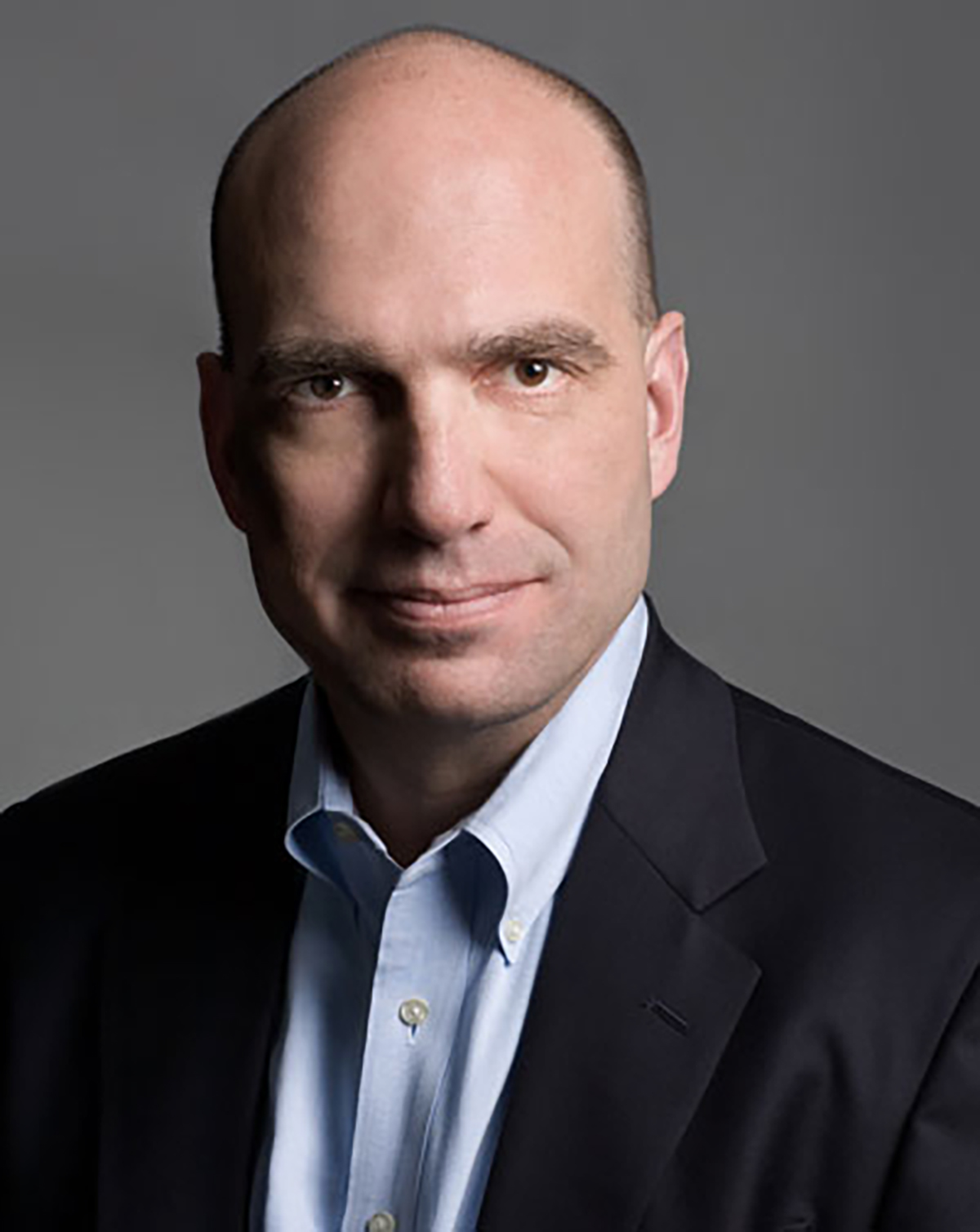For Nancy Gibbs, the managing editor of Time magazine, there’s a large difference between making a mistake in a story and intentionally getting a fact wrong.
However, both of these have mistakenly been grouped together by the public with the popularization of the term “fake news.”
Fake news, or the idea that news organizations sometimes deliberately distort information they gather, Gibbs said, is something she is weary to entertain as a new problem for journalists.
“It’s always been in the interests of people who disagree with a story to suggest something in it is inaccurate, but up until now we didn’t call a mistake fake news,” Gibbs said. “It’s not a new phenomenon; it’s a new name.”
Gibbs will discuss similar issues of the ethics of journalism today with longtime friend and former editor-at-large for Time magazine David Von Drehle at 10:45 a.m. Thursday in the Amphitheater.

Von Drehle, who recently returned to The Washington Post to serve as a columnist, will join Gibbs to have a conversation about their different challenges in journalism through their unique perspectives.
After Von Drehle called Gibbs to inform her he’d be leaving Time, she got the idea to include him in her morning lecture as a kind of informational exit interview, drawing on his experiences in journalism — especially the last two years during the 2016 presidential race.
“He was on the front lines of both our coverage of the campaign and now this administration,” Gibbs said. “It struck me that it’d be interesting for me to draw him out on what he’s seen and learned and how the approach of our work has changed, particularly over the last two years.”
One of Von Drehle’s more well-known pieces from that time period was a cover story in the January 2016 issue about how President Donald Trump had already won the election, decoding methods that helped him become the 45th president of the United States even before the New Hampshire Republican primary had taken place.
Von Drehle said part of Trump’s rise came because of his engagement on social media and how people, especially his supporters, reacted to it.
“People weren’t necessarily relying on the middle man of the media, the press or the political parties to make their political decisions,” Von Drehle said. “Instead, more and more of them would go directly to the source, forming what felt like to them more personal relationships with the candidates.”

With social media’s role in society growing everyday, Von Drehle sees a problem with unlimited communication.
“It’s become very easy for people to choose only voices that tell them what they want to hear,” Von Drehle said. “That makes it easy for people to close their minds and shut out any new way of looking at the world.”
However, Von Drehle believes the majority of the world wants to learn, as opposed to being told what they want to hear.
“But those folks are feeling disenfranchised right now,” Von Drehle said. ”The extremists on the right and left have an ability to effectively find each other, multiply their voices and drown everyone else out.”
Von Drehle said the solution is to become a more active audience and support open-minded thinkers to counteract the extremists.
Knowing these challenges helps Von Drehle and Gibbs adapt to their audience, but they also have to adjust to the new ways of storytelling, something Gibbs said young journalists should know.
“They need to be extremely versatile,” Gibbs said. “Everyone has to be fluent in many languages of distribution because that’s the ecosystem now.”
But even with the changes to the media landscape, for up-and-coming reporters, some aspects of journalism remain the same.
“The reporting always has to be what guides you,” Gibbs said. “People don’t care what we think, they care what we can find out. It’s our job to find things out that are useful and valuable for people to know.”




